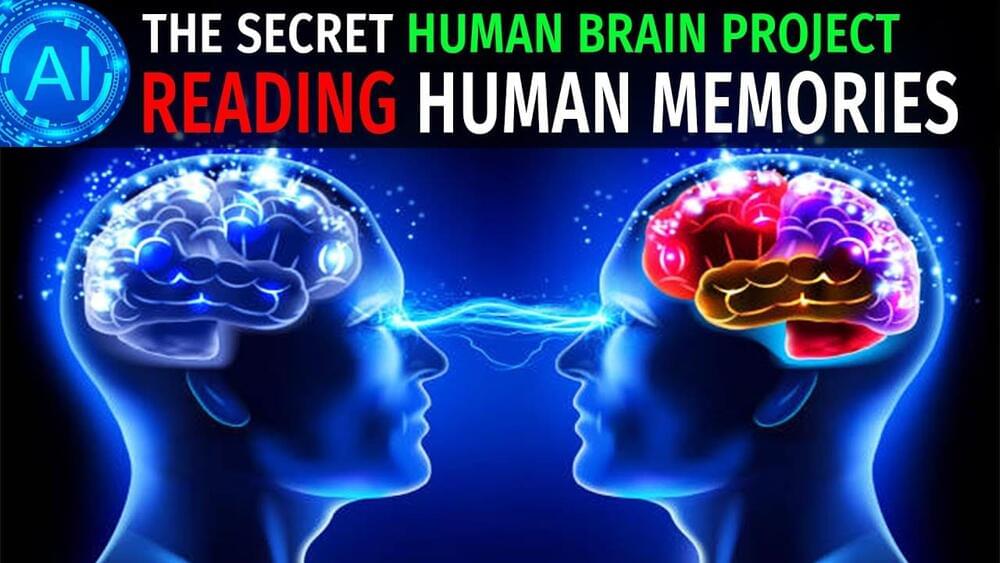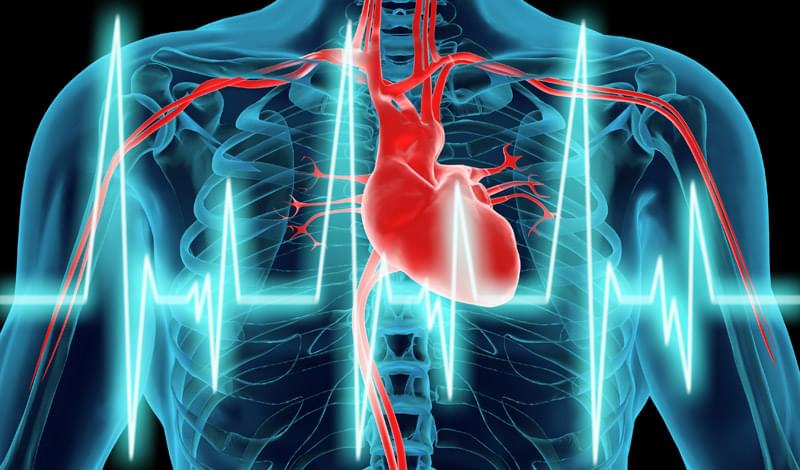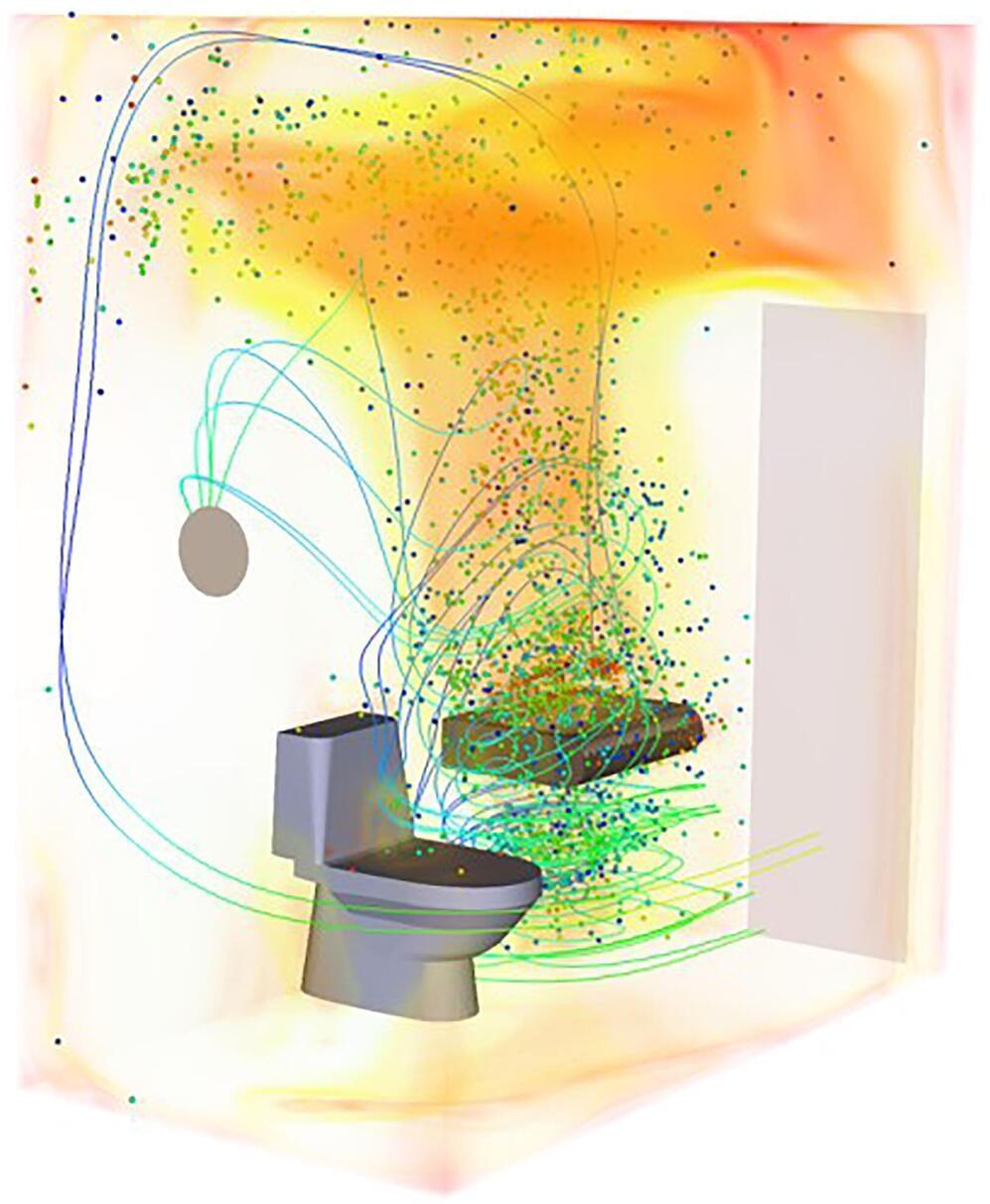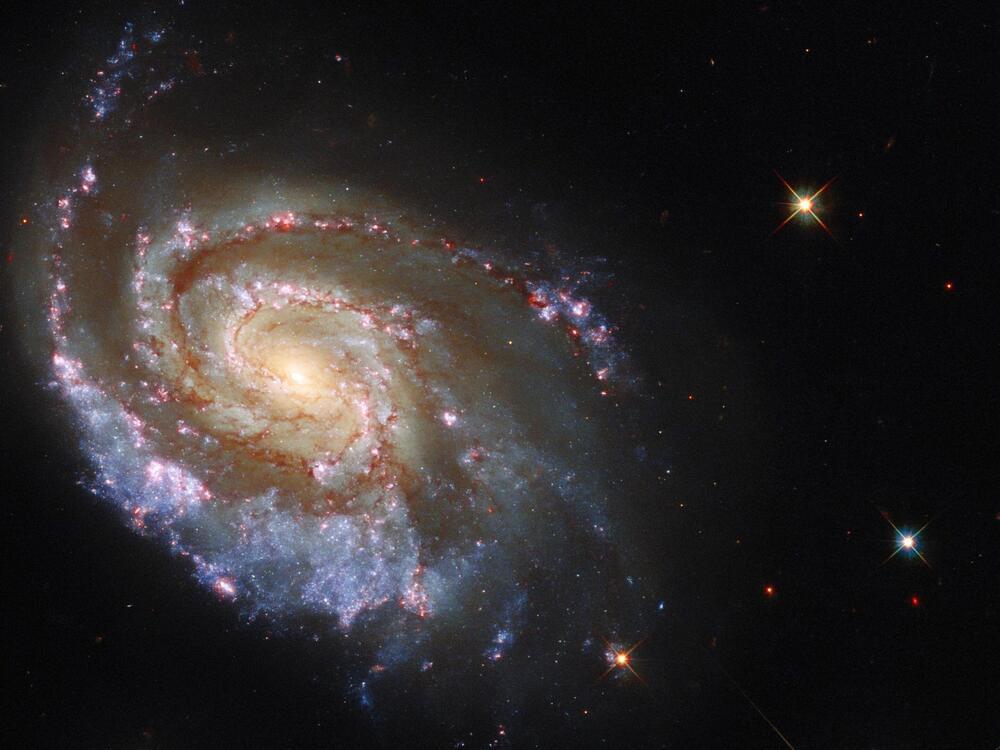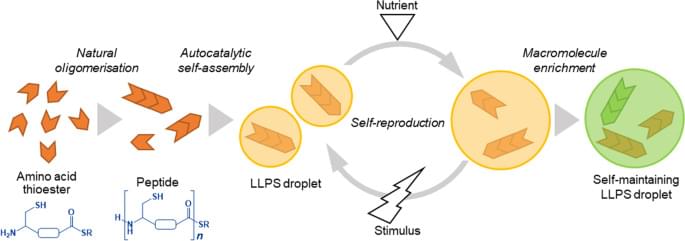The continuation of Processors and GPU’s improving exponentially through Moore’s Law has become very uncertain over the last few years, but recently the top hardware makers: Intel, AMD and Nvidia are now getting ready to deliver the biggest increases in performance we have ever seen. The fastest GPU’s and CPU’s with secret new features are about to release in the next few years to bring Moore’s Law back from the dead. How they manage to create these new powerful chips, I’ll explain in this video. One thing is for sure, Nvidia Lovelace 4,000 series, Zen 4 and Intel Meteor Lake are the future of Hardware and will accelerate the performance gain of next generation hardware.
–
Every day is a day closer to the Technological Singularity. Experience Robots learning to walk & think, humans flying to Mars and us finally merging with technology itself. And as all of that happens, we at AI News cover the absolute cutting edge best technology inventions of Humanity.
If you enjoyed this video, please consider rating this video and subscribing to our channel for more frequent uploads. Thank you! smile
–
TIMESTAMPS:
00:00 The Return of Moore’s Law.
01:19 What is Moore’s Law?
03:33 Intel & Nvidia: New Players in the field?
05:42 How Moore’s Law and AI are connected.
08:02 TSMC to continue Moore’s Law?
10:07 Last Words.
–
#nvidia #intel #mooreslaw

